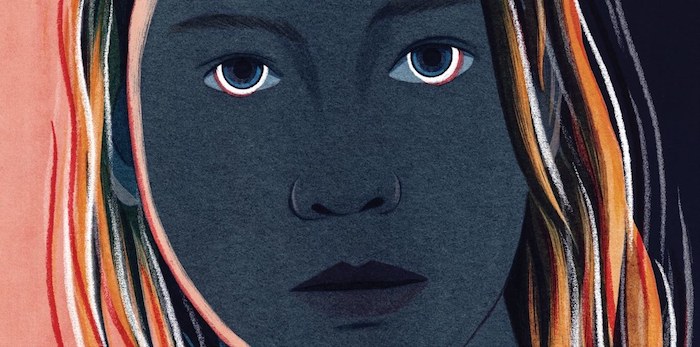The new season’s movies show the past and the present merging in a variety of genres. Darren Aronofsky’s psychological horror film “Mother!” (opening Sept. 15) stars Jennifer Lawrence and Javier Bardem as a couple in an isolated house whose lives are thrown into disorder by the arrival of two strangers (Ed Harris and Michelle Pfeiffer). Todd Haynes directed the fantasy “Wonderstruck”(Oct. 20), based on a novel by Brian Selznick, about an orphan (Oakes Fegley) who, in 1977, runs away from Minnesota to New York and meets a woman (Julianne Moore) whose experiences half a century earlier may shed light on his origins. Millicent Simmonds, Michelle Williams, and Tom Noonan co-star. In “Faces Places” (Oct. 6), Agnès Varda teams up with the photographer and muralist JR for a journey through small towns and hidden corners of France, where they bring overlooked professions and activities to the fore, and where Varda seeks traces of her own personal and artistic past. Richard Linklater’s comic drama “Last Flag Flying” (Nov. 3) is a sequel to Hal Ashby’s 1973 film “The Last Detail.” The new movie, set in 2003, stars Bryan Cranston, Laurence Fishburne, and Steve Carell, as Navy veterans who travel to Iraq to recover the body of a soldier killed in combat. Like the earlier film, it’s based on a novel by Daryl Ponicsan, who co-wrote the script with Linklater.
Conflicts of the past find contemporary echoes in new movies about politics, too. In “Marshall” (Oct. 13), Chadwick Boseman stars as Thurgood Marshall, the N.A.A.C.P. attorney who eventually became the first black Justice of the Supreme Court. The historical drama, directed by Reginald Hudlin, tells the story of a 1941 Connecticut court case in which a black man (played by Sterling K. Brown) was accused of raping a white woman (Kate Hudson). As an out-of-state lawyer, Marshall couldn’t represent the defendant, and the drama centers on his uneasy partnership with a local white lawyer (Josh Gad), as well as on the relentless menace of violent racism that weighed heavily on the proceedings and its participants.

